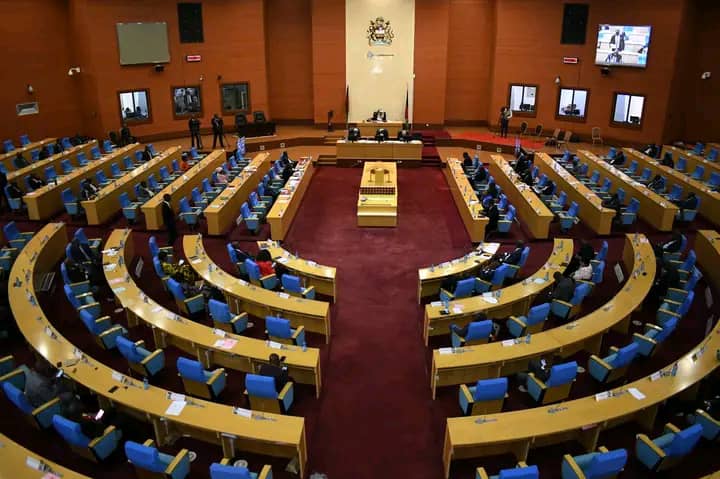New Look Parliament: DPP Emerges Strongest, Independents Hold the Balance
An analysis of unofficial results from 213 out of 232 constituencies shows that the Democratic Progressive Party (DPP) will dominate the next National Assembly, though its strength will depend heavily on alliances with independents.

According to the breakdown, DPP has secured 81 seats, followed by independents with 69. The Malawi Congress Party (MCP) trails with 52 seats, while the United Democratic Front (UDF) has 4, UTM Party 8, People’s Party 3, Alliance for Democracy (AFORD) 3, Freedom Party 1, and National Democratic Party (NDP) 1.
Political observers note that this mix will create a fragmented Parliament, making coalition-building and strategic alliances essential for effective governance.
Dr. Henry Chingaipe, a governance expert, observed that while DPP has the highest number of MPs, it cannot dominate Parliament alone. “They will have to negotiate and form alliances, especially with independents and smaller parties,” he said.
Analyst Ernest Thindwa echoed this view, stressing that the large block of independents will be key power brokers. “This Parliament will be different. Independent MPs will play a decisive role in shaping policy and in voting on crucial bills,” he noted.
Despite DPP’s edge, questions remain about ideological alignment. The party’s ability to strike compromises with independents and minor parties will likely determine its effectiveness in pushing its legislative agenda.
Observers also caution that fragmentation could slow down decision-making and create room for political bargaining that prioritizes deals over policy.
Nonetheless, experts believe this composition of Parliament reflects Malawi’s evolving democracy, where voters are increasingly splitting their choices across parties and independents rather than handing absolute power to one bloc.
As things stand, the next Parliament will be a test of negotiation, compromise, and coalition politics—with independents emerging as the kingmakers.

